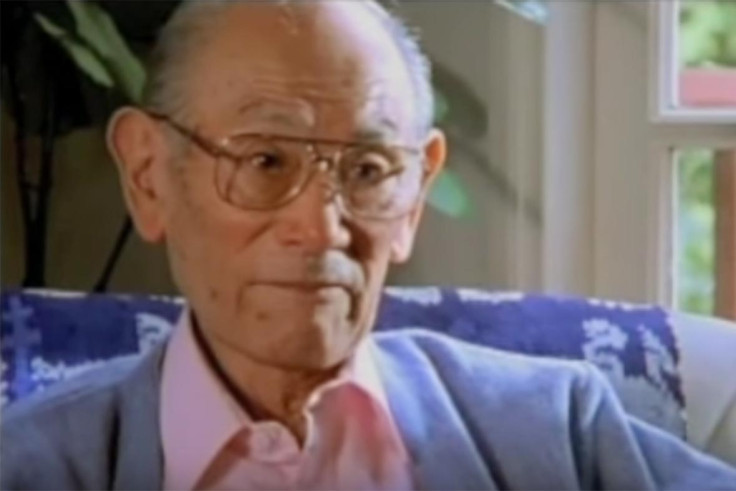Fred Korematsu: Google doodle honours American activist who protested Japanese internment
The civil rights activist won a landmark Supreme Court case after refusing to go to an internment camp.

Fred Korematsu, the activist who fought against the US Government's mass deportation of Japanese-Americans to internment camps during World War II, is celebrated by a Google Doodle on Monday 30 January.
Two days after President Trump announced a ban on immigration from seven countries, Google has chosen to honour an activist who spent his life fighting for the constitutional rights of Americans excluded and scapegoated by the US Government.
Korematsu spent years protesting against President Roosevelt's Executive Order 9066 which authorised the mass removal and incarceration of Japanese Americans in internment camps.
The order was signed in response to Japan's bombing of Pearl Harbor in 1942 and gave authorities the green light to move an estimated 110,000 Japanese Americans from their homes on the West Coast to inland concentration camps.
Korematsu's refusal to comply with the order led to his arrest. He was found guilty of violating military orders and appealed the court decision which led to a landmark Supreme Court case in 1944. The judges ruled against him 6-3 and sided with the Government, stating that the Government's deportation was justified due to "military necessity."
One of the dissenting judges said the executive order was a "legalisation of racism" and a violation of constitutional rights. "It is the case of convicting a citizen as a punishment for not submitting to imprisonment in a concentration camp, based on his ancestry, and solely because of his ancestry, without evidence or inquiry concerning his loyalty and good disposition towards the United States."
Fred Korematsu's 98th Birthday - #GoogleDoodle in United States. #FredKorematsu pic.twitter.com/CfZdeKVMRQ
— Doodle Finder (@Doodle_Finder) January 30, 2017
The conviction not overturned until 1983, seven years after President Ford ended Executive Order 9066 stating: "We now know what we should have known then – not only was that evacuation wrong but Japanese-Americans were and are loyal Americans."
In a 2004 interview, before his death in 2005, Korematsu spoke out against racial profiling and scapegoating minorities: "Fears and prejudices directed against minority communities are too easy to evoke and exaggerate, often to serve the political agendas of those who promote those fears," he said. "I know what it is like to be at the other end of such scapegoating and how difficult it is to clear one's name after unjustified suspicions are endorsed as fact by the government."
President Bill Clinton presented Korematsu with the Presidential Medal of Freedom in 1998, the highest civilian award in the United States.
© Copyright IBTimes 2025. All rights reserved.






















